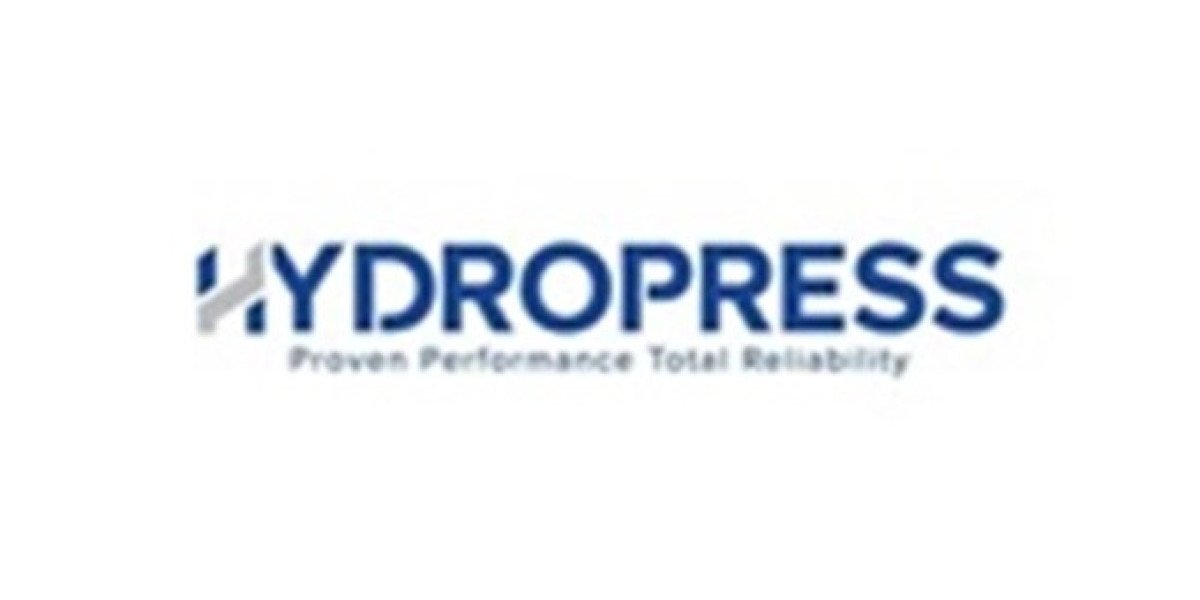Group Insurance Plans are a vital component of employee benefits in many organizations. These plans provide coverage to a group of individuals, typically employees of a company, under a single policy. Understanding the intricacies of these plans can help both employers and employees make informed decisions regarding their health and financial security.
What Are Group Insurance Plans?
Group Insurance Plans are designed to cover a group of people, often employees of a single employer. Unlike individual insurance policies, which are tailored to a single person, group plans offer a collective approach to coverage. This can lead to lower premiums and broader coverage options. But what exactly do these plans include?
- Health Insurance
- Life Insurance
- Disability Insurance
- Dental and Vision Insurance
Benefits of Group Insurance Plans
One of the primary advantages of Group Insurance Plans is the cost-effectiveness they offer. Employers often subsidize a portion of the premium, making it more affordable for employees. Additionally, these plans typically provide more comprehensive coverage than individual policies. Here are some key benefits:
- Lower Premiums: Group rates are usually lower than individual rates.
- Guaranteed Coverage: Most plans do not require medical exams for enrollment.
- Tax Advantages: Premiums paid by employers may be tax-deductible.
- Enhanced Employee Satisfaction: Offering insurance can improve employee morale and retention.
Types of Group Insurance Plans
Group Insurance Plans come in various forms, each catering to different needs. Understanding these types can help employers choose the right plan for their workforce. The most common types include:
- Fully Insured Plans: The employer pays a premium to an insurance company, which assumes the risk.
- Self-Insured Plans: The employer assumes the financial risk and pays claims directly.
- Health Maintenance Organizations (HMOs): These plans require members to use a network of doctors and hospitals.
- Preferred Provider Organizations (PPOs): These plans offer more flexibility in choosing healthcare providers.
Choosing the Right Group Insurance Plan
When selecting a Group Insurance Plan, employers should consider several factors. What are the specific needs of your employees? How much can your organization afford? Evaluating these questions can lead to a more tailored approach. Additionally, it is essential to compare different plans and providers to find the best fit.
For more detailed information on Group Insurance Plans, you can explore resources like .
Conclusion
In summary, group insurance plans play a crucial role in providing employees with essential coverage. By understanding the benefits, types, and selection criteria, both employers and employees can navigate the complexities of these plans effectively. Investing in a comprehensive Group Insurance Plan not only enhances employee satisfaction but also contributes to a healthier workforce.







